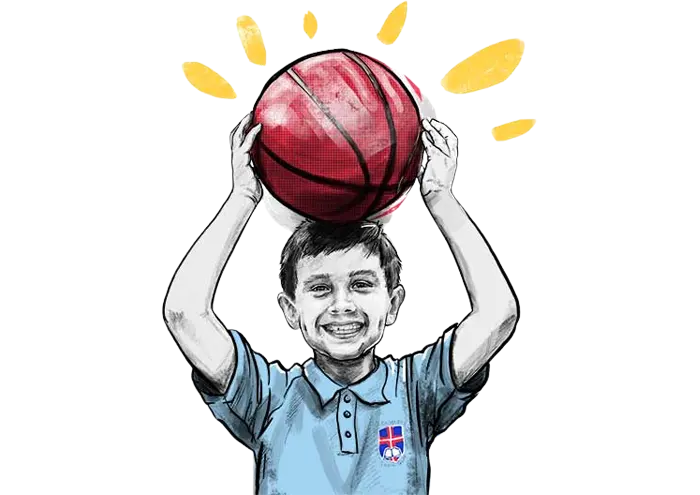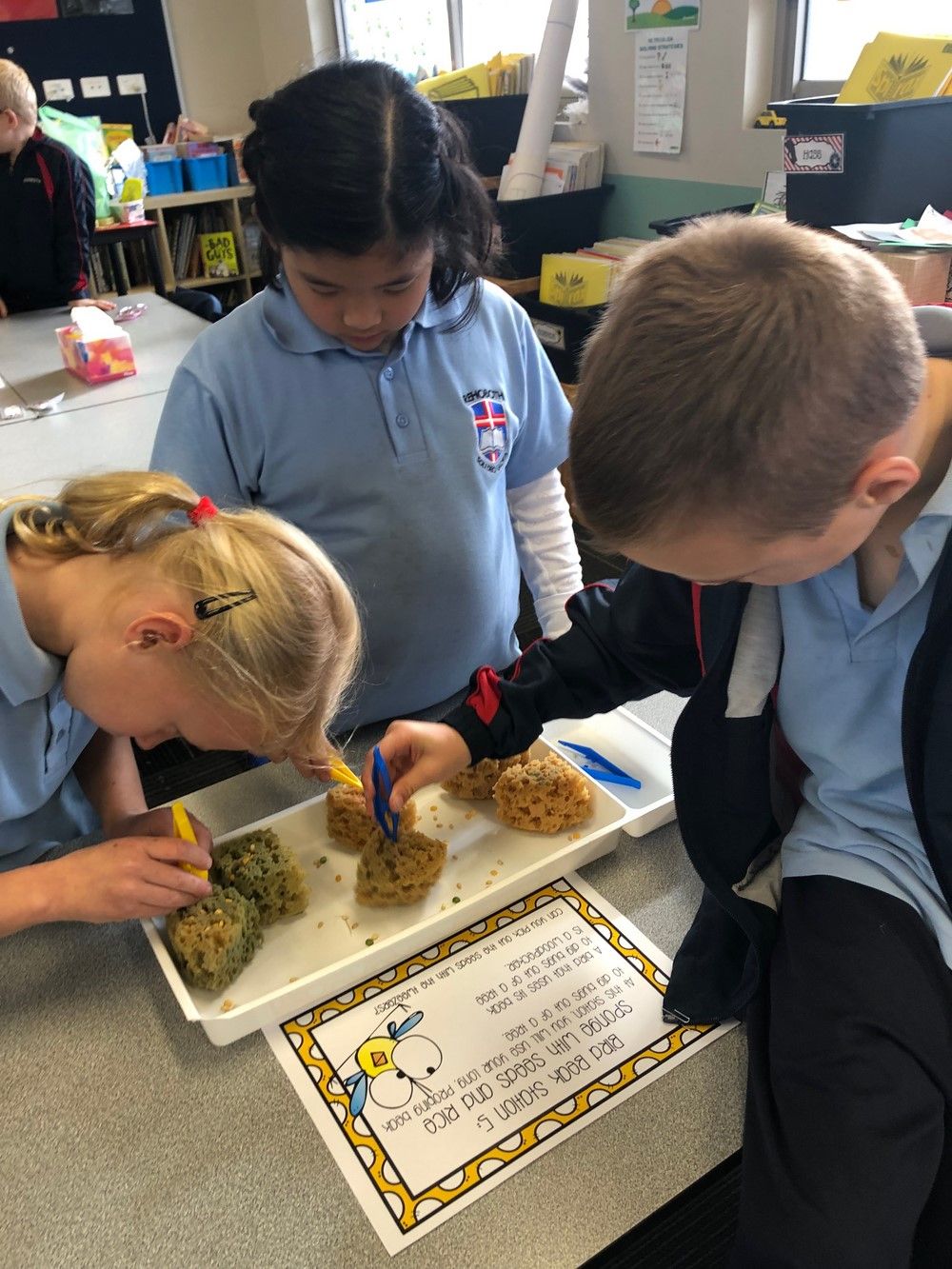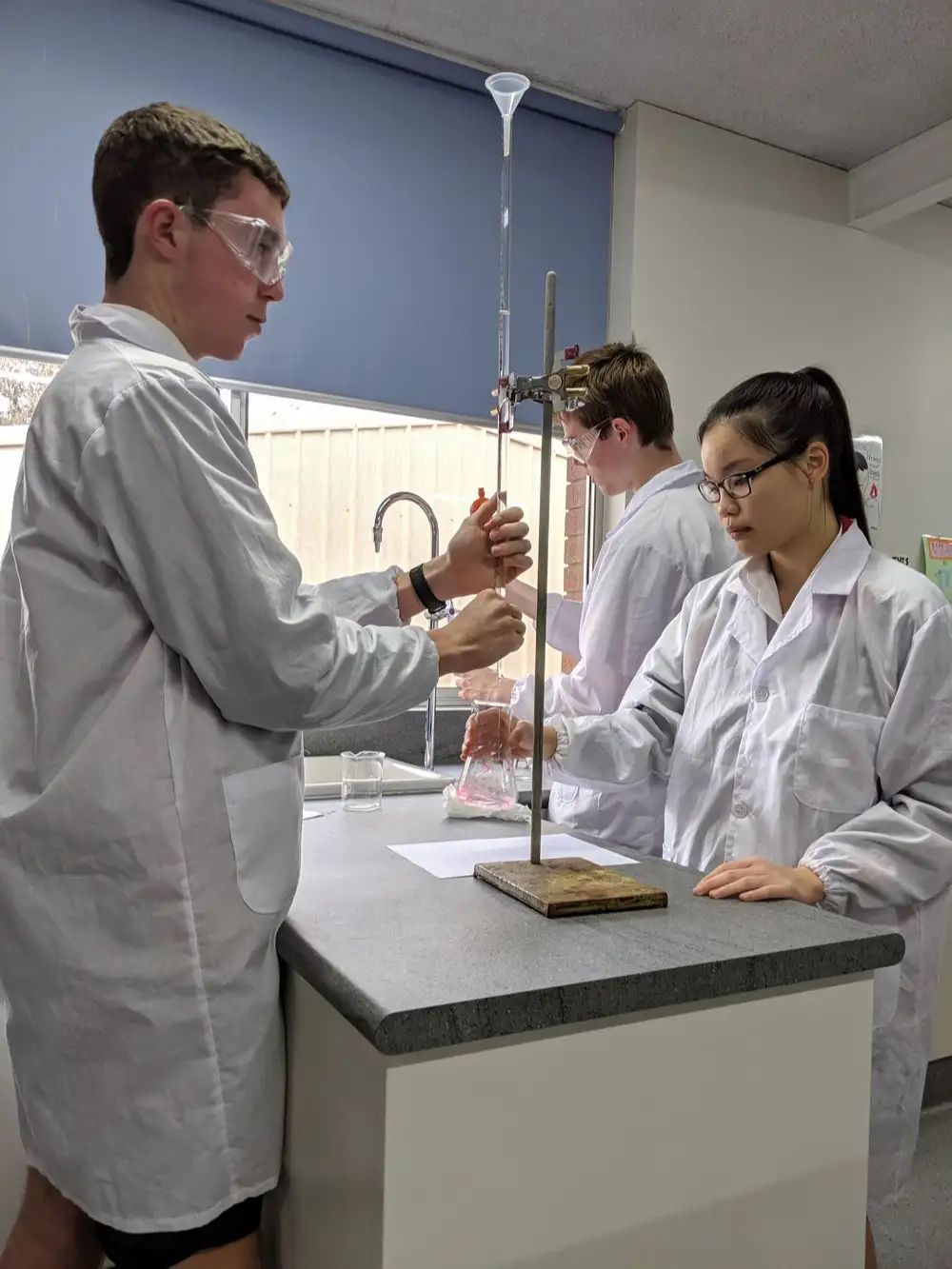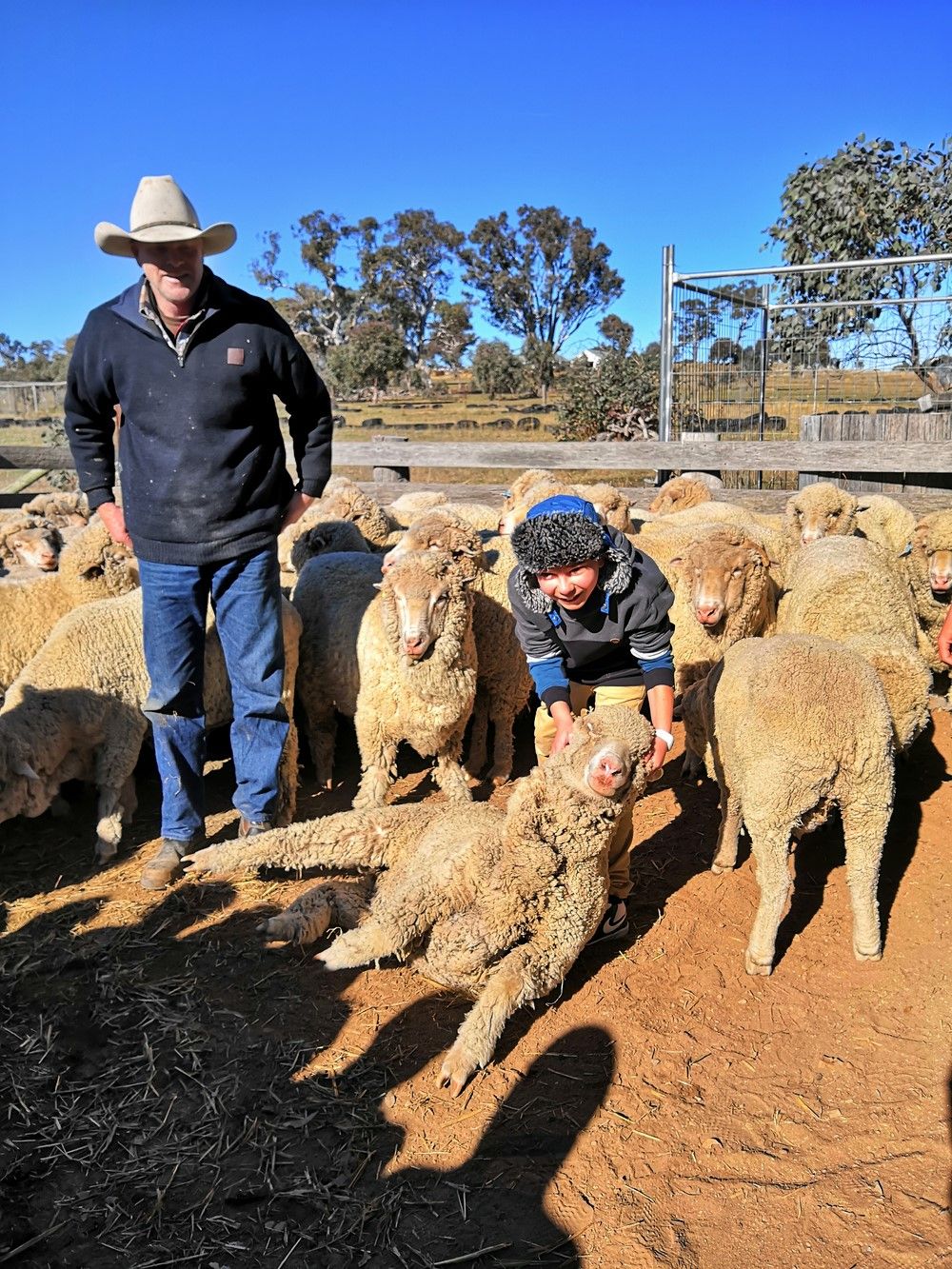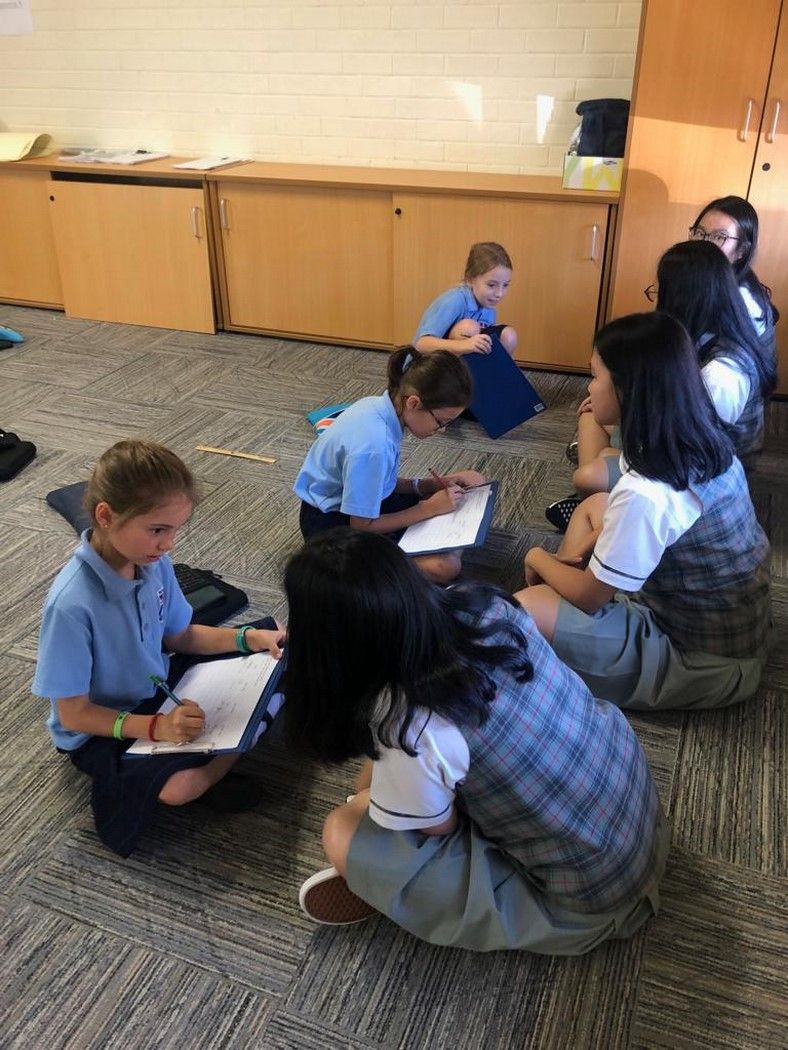Many students will be experiencing some form of transition this year. Perhaps they have moved from Primary School to Secondary School. Perhaps they are now a senior student. Maybe they are trying a new subject or changing levels within a subject. With change, can come uncertainty and anxiety. Whenever we are in a new situation, there is a period where we are learning and adapting. Below are some tips to help students make their transitions as smooth as possible.
Ask Questions
Ask lots and lots of questions. If you are unsure about something, don’t sit there in silence. If you are uncomfortable asking the teacher directly, then ask a friend or ask the teacher after class. But be aware, there are probably many other students with the same question and they will probably be thankful that someone asks the question they also have.
Find a Buddy
It is much easier if you have someone to talk to about what you are both experiencing. This is someone you can check things with, even just someone to listen to you when you want to moan and groan, or celebrate. You don’t have to specifically say “let’s be buddies,” but look out for a like-minded person so that you can help each other along the way.
Consolidate
When you are learning new things, or have lots of new information heading your way, it’s important to take time to consolidate. This could be explaining what you are learning to someone like your parents, or it could be writing a short list or summary of what you have been told so you don’t forget it.
Positive Attitude
Your attitude can make a world of difference to the type of experiences you have during any transition. Start noticing your thoughts. Are they negative or positive? You can start to take control and direct the way you think about a situation and this in turn will change how you feel.
For example, if something goes wrong and you notice you’re thinking something like, “What an idiot, I can’t believe I did that,” catch yourself and say, “Everyone makes mistakes. At least now I know what I need to do for the next time”. Eventually you can start to have a more positive reaction to things. Look for the good in situations. Develop the habit of positive self-talk, rather than running yourself down.
Aim for Your Personal Best
Don’t compare yourself to other people. Aim for your own “personal best”. Strive to do the best you can, to learn, to grow and develop.
We all have different skills and strengths and sometimes these aren’t always evident in the school situation. So just focus on being the best student you can be and celebrate your strengths and gifts – whether they show up in the school arena or in your outside life.

